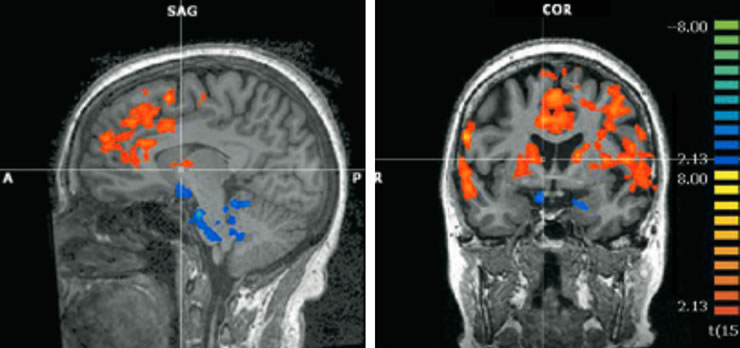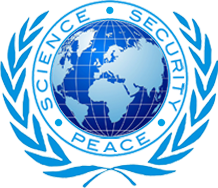The Brain-Based Approach to Peace
(a.k.a. the Consciousness-Based Approach to Peace)
4. TM reduces stress, improving individual behavior
Extensive research has shown that a simple, easy-to-learn, evidence-based meditation practice, the Transcendental Meditation (TM) technique, markedly reduces individual stress and its damaging effects on the brain and behavior.
The Transcendental Meditation technique was revived from the ancient Vedic tradition and reformulated as a systematic, scientific practice by physicist and scholar Maharishi Mahesh Yogi. It is practiced for 20 minutes twice daily while sitting comfortably with the eyes closed, and does not involve religion, philosophy, or change in lifestyle.
The TM technique provides the individual with the experience of a unique, fourth major state of consciousness, distinct from waking, dreaming, or sleep states of consciousness—a state of deep physiological relaxation and heightened mental alertness.
Reducing anxiety and promoting a state of deep relaxation
According to research, the Transcendental Meditation technique reduces acute stress far more effectively than other available meditation or relaxation techniques. In a meta-analysis of 142 published scientific articles studying various meditation and relaxation methods, the TM technique was more than twice as effective as other methods in reducing trait anxiety [4] and produces a correspondingly deeper state of physiological relaxation [5].
Activating the “higher brain” and deactivating the “fear center”

fMRI: Restoring balanced brain functioning. Chronic and/or traumatic stress shuts down the prefrontal cortex (“higher brain”) and causes chronic excitation of the amygdala (“fear center”). TM practice calms excessive activity in the brain stem and surrounding subcortical structures (blue), and stimulates activity in the prefrontal cortex (orange).
TM quells excessive activity in the “primitive” or “reactive” brain (brain stem and surrounding subcortical structures—see figure), calming the neurophysiology of fear and aggression. Equally important, TM activates the prefrontal cortex (“higher brain”) and strengthens communication between the prefrontal cortex and different areas of the brain. The resulting integrated state of brain functioning leads to enhanced cognitive and executive functioning—and markedly reduced aggressive, violent, antisocial behavior, even in highly stressed or traumatized individuals.
For example, research shows that Transcendental Meditation practice produces a statistically large and clinically significant decline in PTSD severity scores among combat veterans and war refugees in as few as ten days of learning the technique [6-10] and sharply reduces recidivism rates among incarcerated adults [11,12], substance abuse [13,14], and stress-related diseases, including heart attack, stroke, and death, as compared to controls [15].

